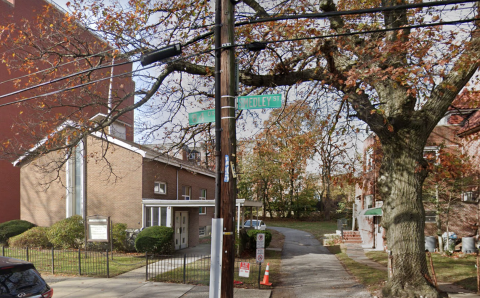I recently gave a talk on popular music to a local church youth group. I decided to slip in a popular new worship song for discernment. The song sounds similar to a country song, so I thought it would spark interesting discussion about the blurring of music genres. The conversation that followed surprised me and revealed that churches might be approaching youth and worship wrongly. As the last notes faded, several students immediately voiced their displeasure for this song and those like it. Three themes to their discomfort emerged:
1) The music. They complained how predictable the song is musically. One youth said, “From the first note, I knew what it was going to be and that it would be the same (as other new worship songs).”
2) The lyrics. They hated how simple the song is lyrically. One youth sarcastically summed up in one sentence the message of most new worship songs: “I found God, I have hope, and now all my problems are gone. Yay!”
3) The repetition. They could not stand how often they have to endure hearing new worship songs. When I asked where they hear worship music, they exasperatedly said, “Everywhere! At home, at church, in the car with my parents.”
Most high school students in the room that night made it clear that they are sick of new worship music. One youth went so far as to say, “I wish my church would sing more hymns (so I don’t have to listen to this type of music).”
As I drove home, a big problem became clear. Many worship leaders pick new songs for Sunday mornings because they think youth like these songs and find them helpful for worship. But based on my conversation with the teens that night, albeit a small sample, I think just the opposite is true, and their criticisms about the music, lyrics, and repetition were insightful. Here’s why.
1) Historically, church music has adapted for worship the popular musical styles of the day. New worship music does not use musical styles youth enjoy. New worship music builds on a foundation of guitar-based country and rock and roll, while the musical taste of most youth tends toward sampling, hip-hop, and pop.
2) New worship music often includes short verses, building bridges, and repeating choruses. In order to be memorable and singable, the lyrics do not dive deeply. These youth wanted worship songs that speak to their difficult life situations and emotional challenges.
3) Youth are not able to choose the songs they hear in many contexts, such as at church, at home, and in the car with adults. The more they hear worship songs they don’t connect with, the more frustration they feel.
Finding worship music that connects with high school students is difficult. There aren’t many worship songs that are based on samples, hip-hop, and pop. Worship songs that authentically engage with the emotions and experience of youth are rare. In fact, the worship songs that will best serve our youth might still need to be written.
About the Author
Micah van Dijk is a popular music expert who speaks and writes to help audiences understand the impact popular music has on their faith and identity. www.micahvandijk.com








